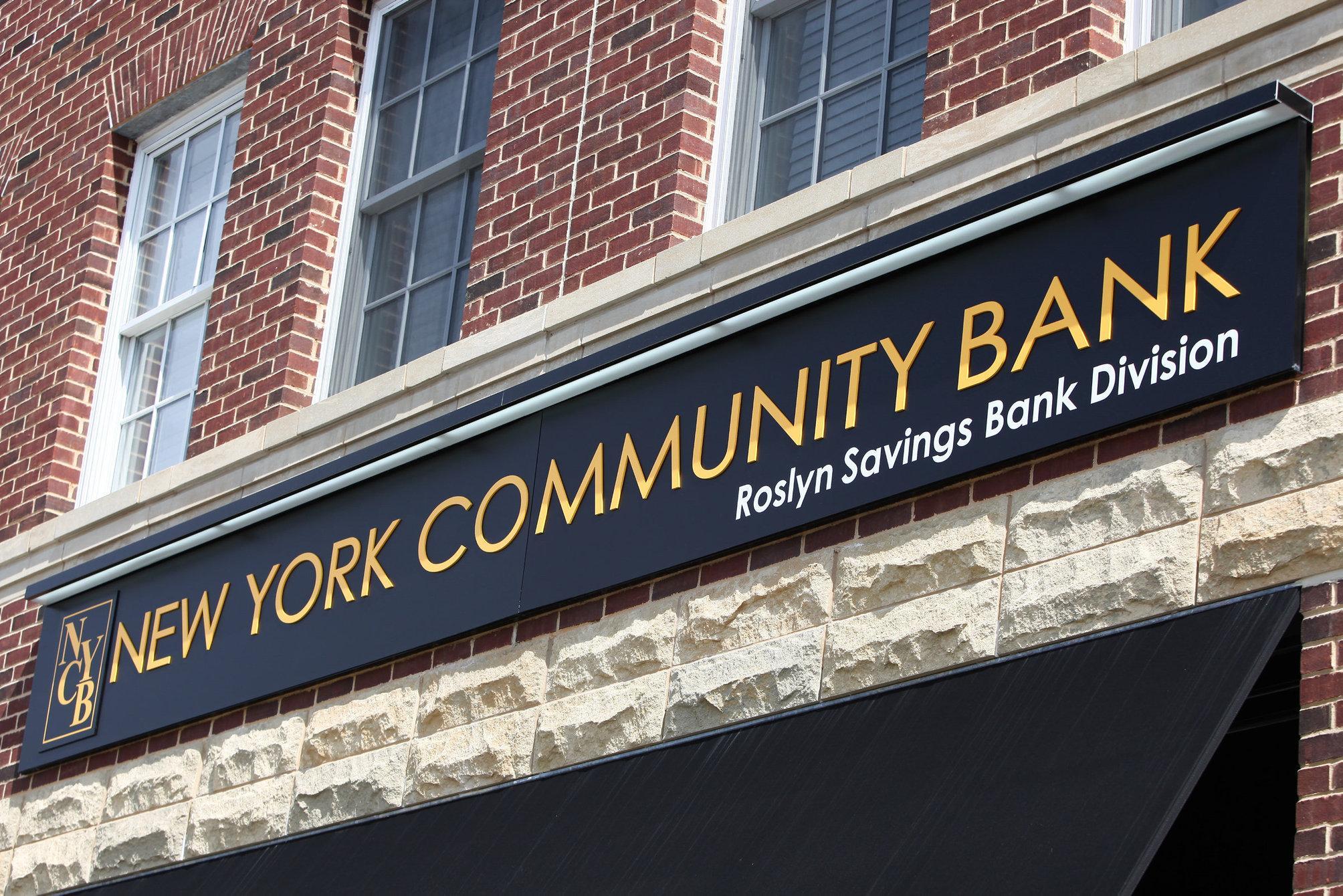The banking sector is facing a growing crisis as New York Community Bancorp’s move to cut dividends and increase reserves resulted in a staggering 38% drop in its stock, marking the KBW Regional Banking Index’s worst day since Silicon Valley Bank’s collapse in March last year. Adding to the concerns, Japanese lender Aozora Bank Ltd. warned of losses linked to US commercial real estate investments, causing a significant drop in shares during Asian trading.
The anxiety arises from the continuous decline in commercial property values and the challenges of predicting specific loans at risk. The pandemic-induced shift to remote work, coupled with a rapid increase in interest rates, is making it more expensive for struggling borrowers to refinance. Barry Sternlicht, a billionaire investor, recently warned that the office market could face losses exceeding $1 trillion.
For banks, this raises the specter of increased defaults as landlords grapple with meeting loan obligations or deciding to abandon properties altogether. Harold Bordwin from Keen-Summit Capital Partners emphasized that banks may not be accurately reflecting the real estate on their balance sheets that might not pay off at maturity.
Banks are grappling with around $560 billion in commercial real estate maturities by the end of 2025, representing over half of the total property debt coming due in that period. Regional lenders, lacking the larger credit card portfolios or investment banking businesses of their peers, are particularly vulnerable, with commercial real estate loans accounting for 28.7% of assets at small banks compared to just 6.5% at larger institutions.
Despite signs of real estate troubles, transactions have been limited due to uncertainty over property values. However, the need to address impending debt maturities and potential Federal Reserve interest rate cuts may prompt more deals, offering clarity on how much property values have declined.
The challenges are stark, exemplified by the recent sale of the Aon Center in Los Angeles, the third-tallest office tower, at a 45% reduction from its 2014 purchase price.
Smaller lenders face added anxiety due to the unpredictability of souring real estate loans. New York Community Bancorp attributed its increased charge-offs to a co-op building and an office property. Notably, its largest real estate exposure is in multifamily buildings, carrying about $37 billion in apartment loans, with nearly half backed by rent-regulated buildings vulnerable to 2019 New York state regulations.
As pressure mounts on banks to reduce exposure to commercial real estate, the market is expected to see more debt sales as uncertainties thaw. For instance, Canadian Imperial Bank of Commerce recently initiated marketing loans on struggling US office properties, reflecting a broader trend. However, concerns persist as banks may be slow to mark assets to market, holding them to maturity and potentially underestimating their real value.
The challenges extend beyond delinquencies in commercial real estate loans, and banks remain exposed to significant risks. Despite potential interest rate declines in the coming year, they may not be sufficient to resolve the broader problems faced by banks in the sector.
















































